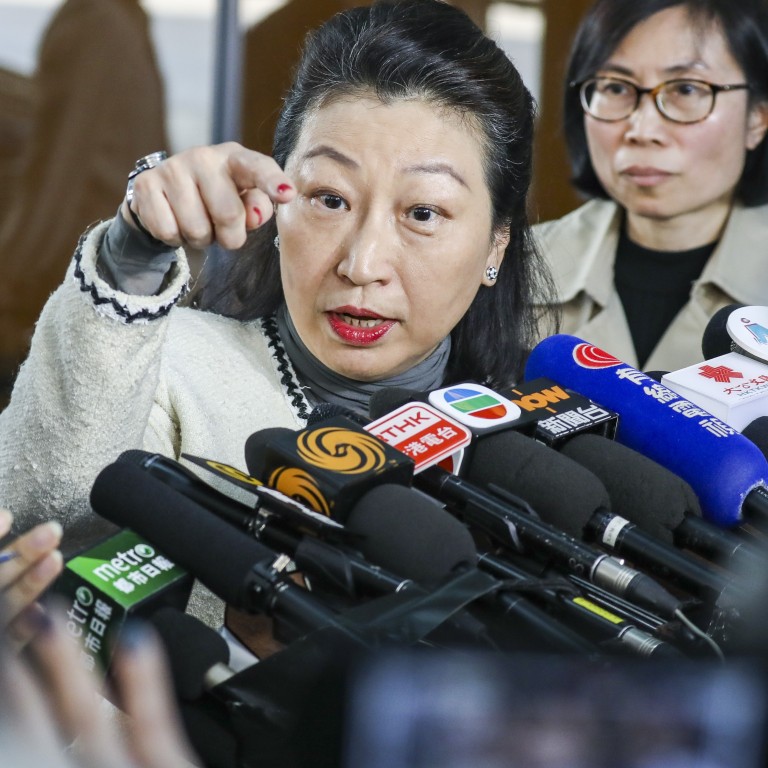
An embattled rail boss, a beleaguered justice minister, a rejected foreign correspondent – some of the people who made the news in Hong Kong this year
- MTR Corporation head Frederick Ma faced a number of crises; Andy Chan saw his Hong Kong National Party banned
- Victor Mallet fell foul of immigration authorities; Teresa Cheng had some legal trouble, and Andy Lau ended the year on a low note
Under the cloud of the US-China trade war in 2018, Hong Kong worried about business opportunities for the longer term, but more immediate matters dominated the headlines: dubious train structures, an expensive, long-delayed cross-border bridge, an even more expensive high-speed cross-border rail link and horrific road accidents.
And then there were the usual political tensions, as the city set out to implement the clear red lines determined by Beijing on not tolerating independence activists or even those seen by the government to be enabling them. Yet amid all the rancour, Hong Kong did not forget its entertainers.
We look back on five newsmakers from these sectors who made the headlines, not always for the right reasons.
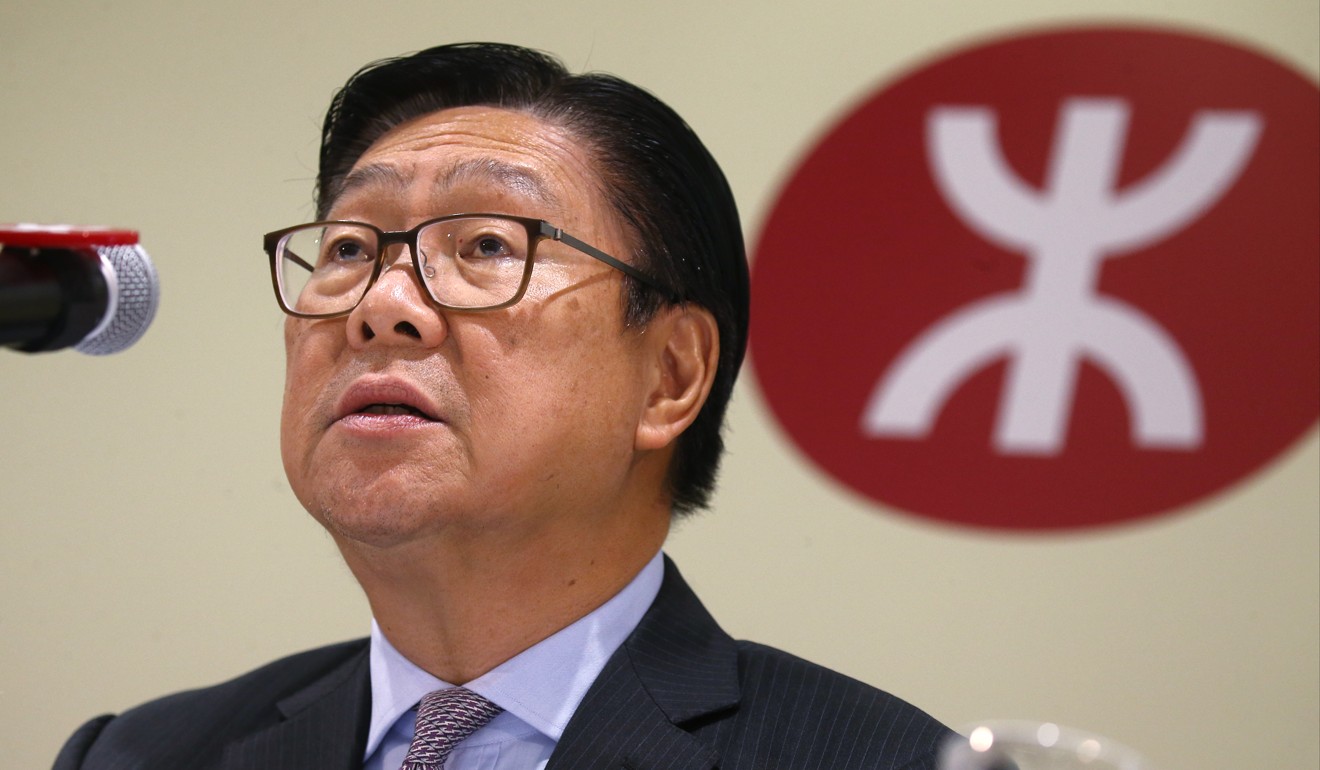
Frederick Ma Si-hang
What happened to him:
Ma, 66, had a roller-coaster ride in 2018 as non-executive chairman of embattled railway giant the MTR Corporation. In the final year of his three-year contract, he had to grapple with a series of crises at the company – the scandal of the city’s most expensive rail project, the HK$97.1 billion (US$12.4 billion) Sha Tin-Central rail link; a reshuffle of top management, including himself, and the continuing investigation into the project’s structural integrity and whether it had been subject to a criminal offence.
The scandal was one of the worst crises in the company’s 39-year history. Exposed by media in May, project contractor Leighton Contractors (Asia) was accused of cutting corners by trimming steel bars to look like they were screwed properly into couplers on a platform for the expanded Hung Hom station. The controversy, which is the subject of a criminal inquiry, and an investigation by the police and the Independent Commission Against Corruption, threatened to require the entire expanded platform to be demolished.
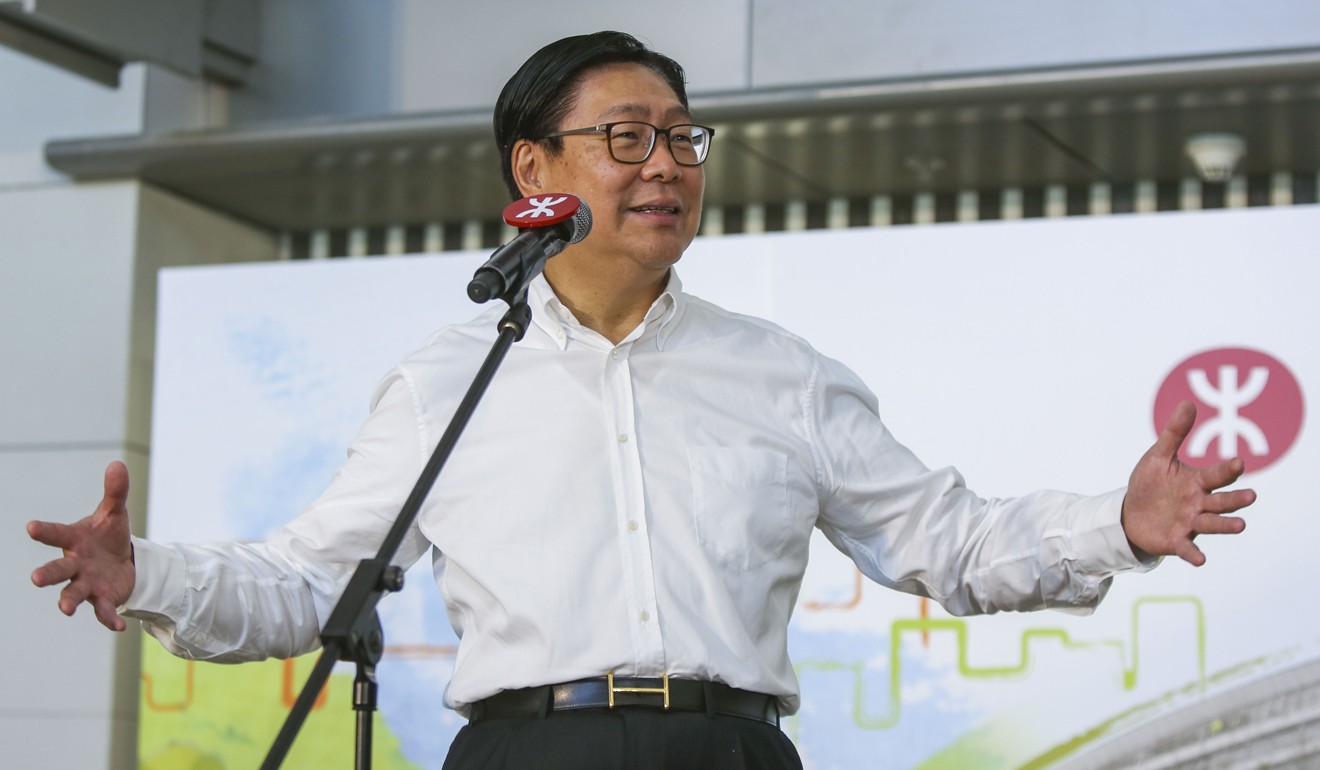
What he is up to now:
Ma turned down Chief Executive Carrie Lam Cheng Yuet-ngor’s offer to have his contract renewed for another three years. He chose to stay for another six months until June 30, 2019.
Looking back at the 39-year history of the MTR Corp, Ma said: “We have delivered many projects to Hong Kong, and all these projects are top-notch in quality. Even the opening of the [express rail link] recently has been well received.
“As a non-executive chairman, I have learned a lot more from the [Sha Tin-Central rail link] issue than what I would have known if it had not happened. While we need to move forward, we need to learn from our painful lessons, because we are here to serve Hong Kong for the next 40 years, 400 years, and so we need to do better for the community,” Ma told the Post while on holiday overseas.
“The MTR Corp is a great organisation, but there is always room for improvement,” he said.
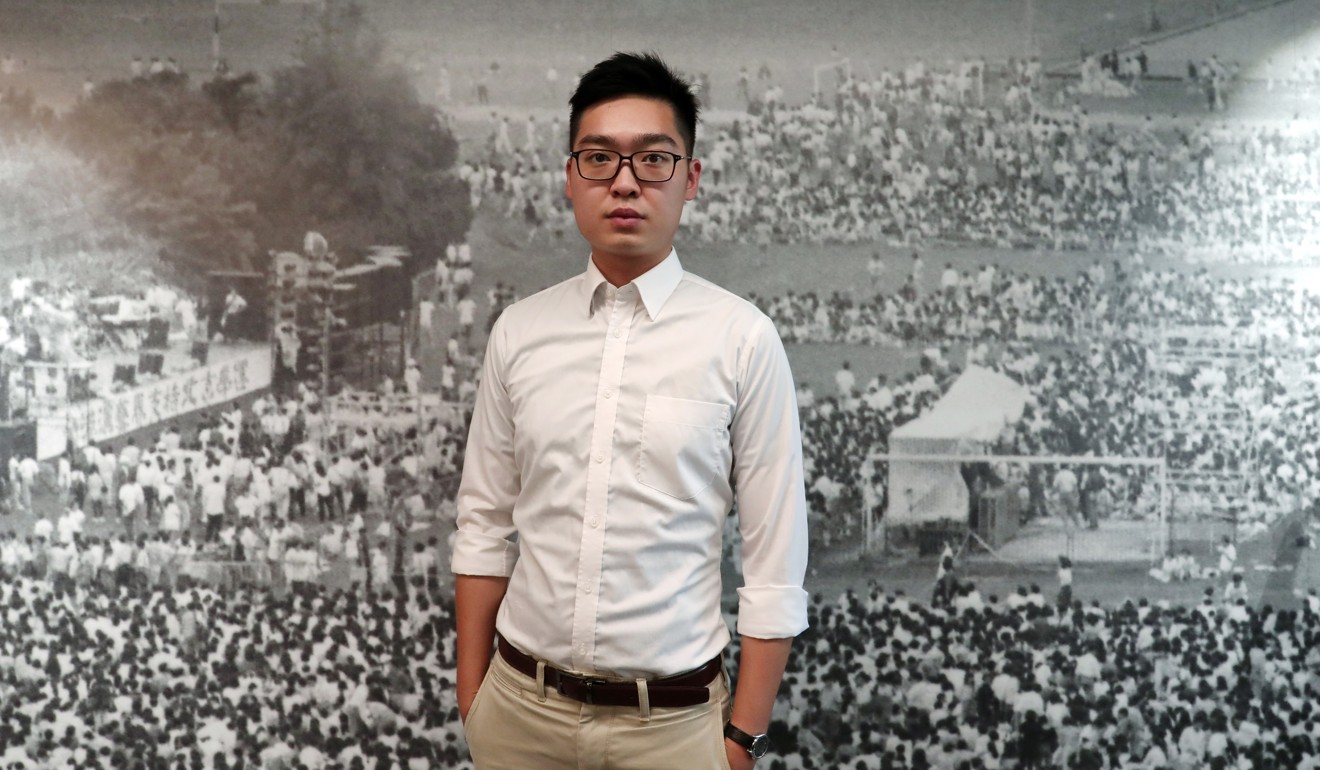
Andy Chan Ho-tin
What happened to him:
Chan, convenor of the now-banned Hong Kong National Party, made a name for himself this year. The 28-year-old first came to attention when he founded the party in March 2016 and was banned from running in Legislative Council elections.
As a leader of a small party with fewer than 10 publicly known members, Chan made the headlines in July this year after the Hong Kong police unprecedentedly invoked its powers under the Societies Ordinance to seek to ban the separatist party in the name of protecting national security. After giving the party three extensions on the time limit to present its opposition to the ban, the government in September officially issued the interdiction – making it a criminal offence to profess or claim to be an office bearer for the party, to act as a member, to attend a meeting, or to pay money or aid to the organisation.
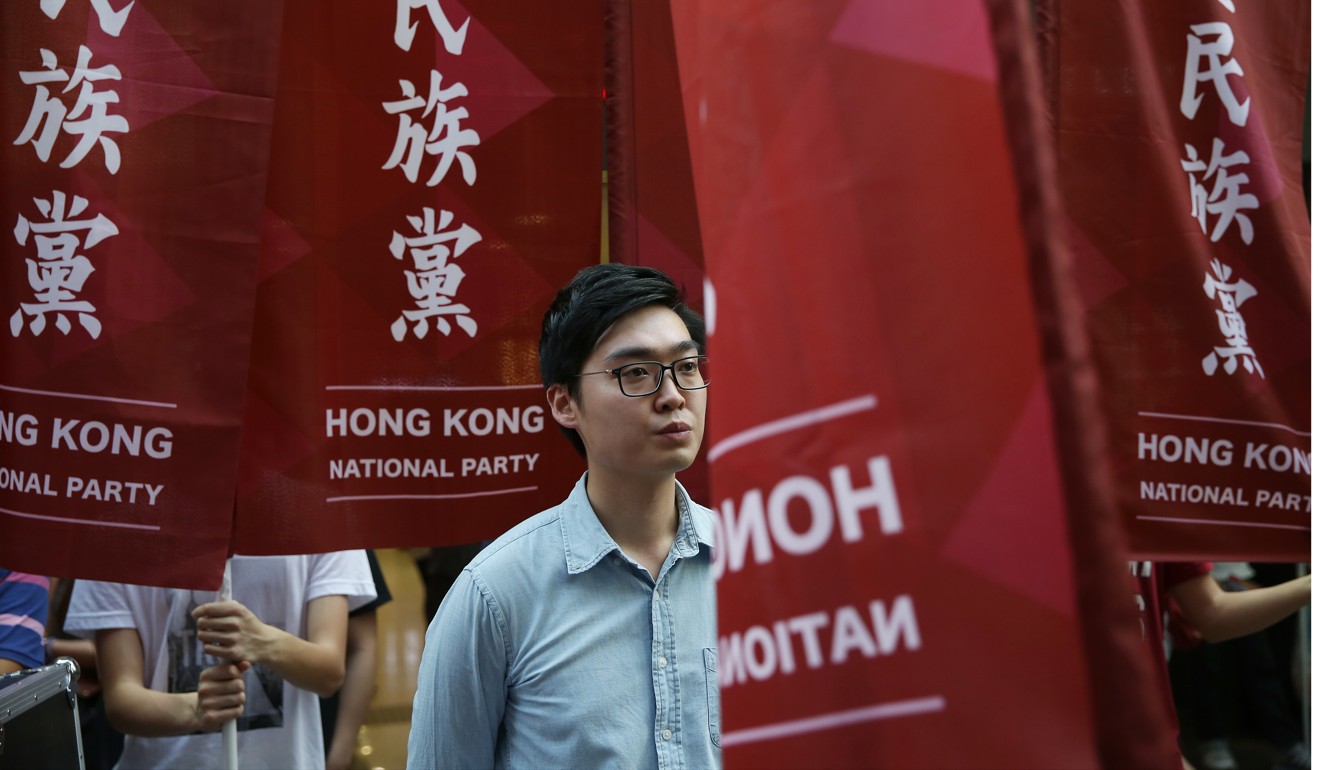
What he is up to now:
Chan will appeal the ban before a three-member committee of Executive Council members on January 14. He told the Post that he had been living a “usual life”, staying mostly at home. He said he was advised by lawyers not to talk to the media to avoid “any trouble”, and he added that he had no plans for his next move, either personal or political.
Asked what he learned in 2018, Chan said: “I learned to seize the moment … It wasn’t too bad.”
“Hong Kong has to burst into flames before rising from the ashes,” Chan said, in a reference to the mythical phoenix, though he would not be drawn further on the significance of his comments.
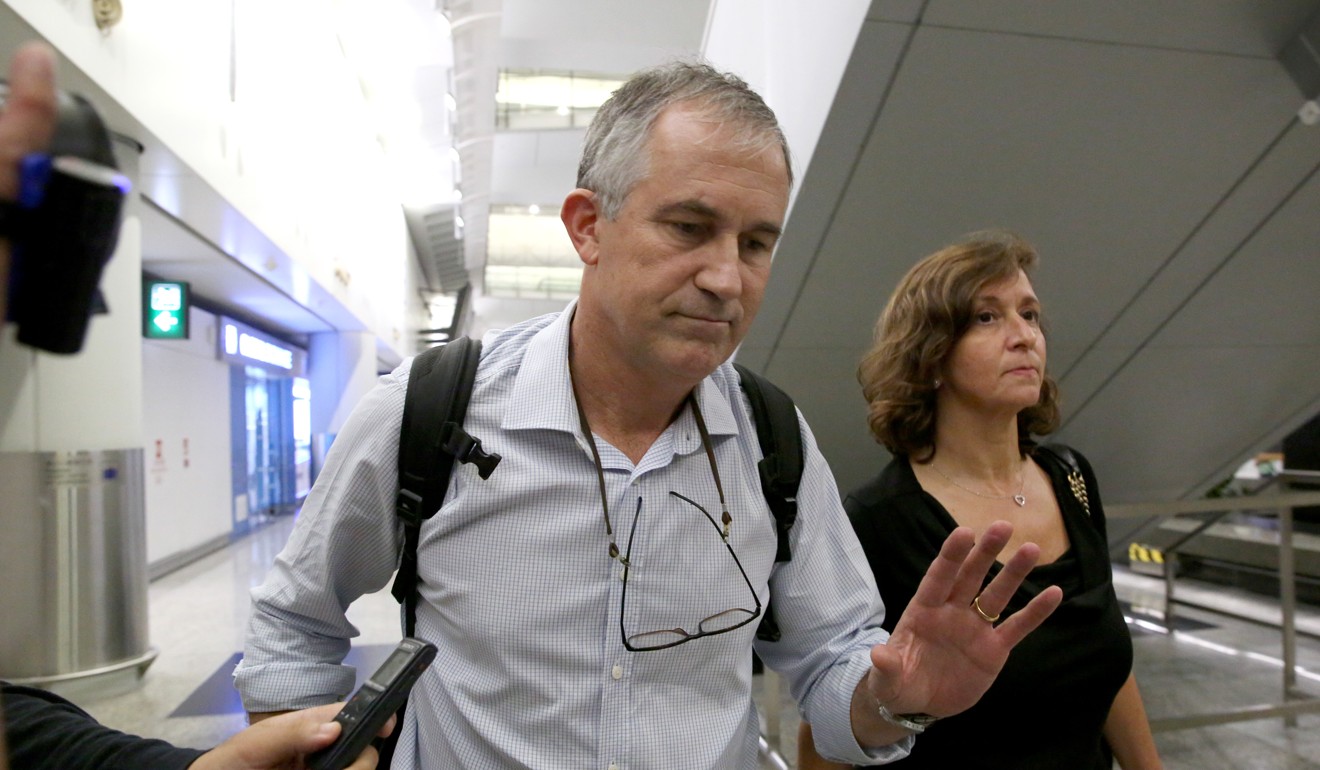
Victor Mallet
What happened to him:
Financial Times Asia news editor Mallet was at the centre of a storm after his application to renew his work visa was rejected in early October. He was forced to leave Hong Kong 10 days later.
The government, including the Immigration Department, refused to explain why the visa was not renewed, but it was widely believed to be related to Mallet’s role as moderator of a controversial talk by Andy Chan Ho-tin, the leader of the now-banned Hong Kong National Party, in August.
The talk was held at the Foreign Correspondents’ Club despite objections and warnings from the Beijing and Hong Kong governments.
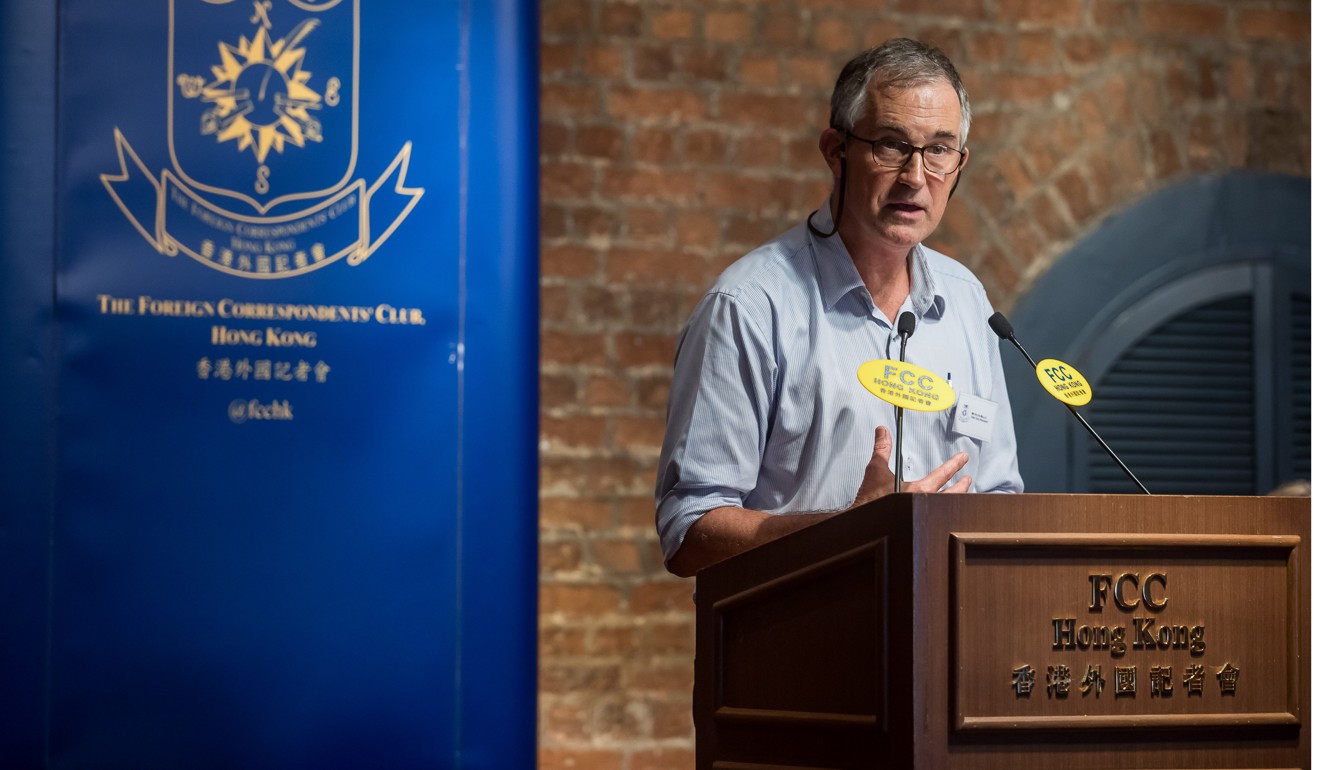
The veteran journalist, who has worked on and off in the city for more than seven years, was the acting president of the press club at the time.
In November, he was even barred from entering the city as a visitor. The saga caused great concern both in Hong Kong and abroad.
What he is up to now:
Mallet returned to his native Britain after the saga. He confirmed to the Post that he would be becoming Paris bureau chief for the Financial Times from January 1. He will be responsible for economic, political, and business news from across France.
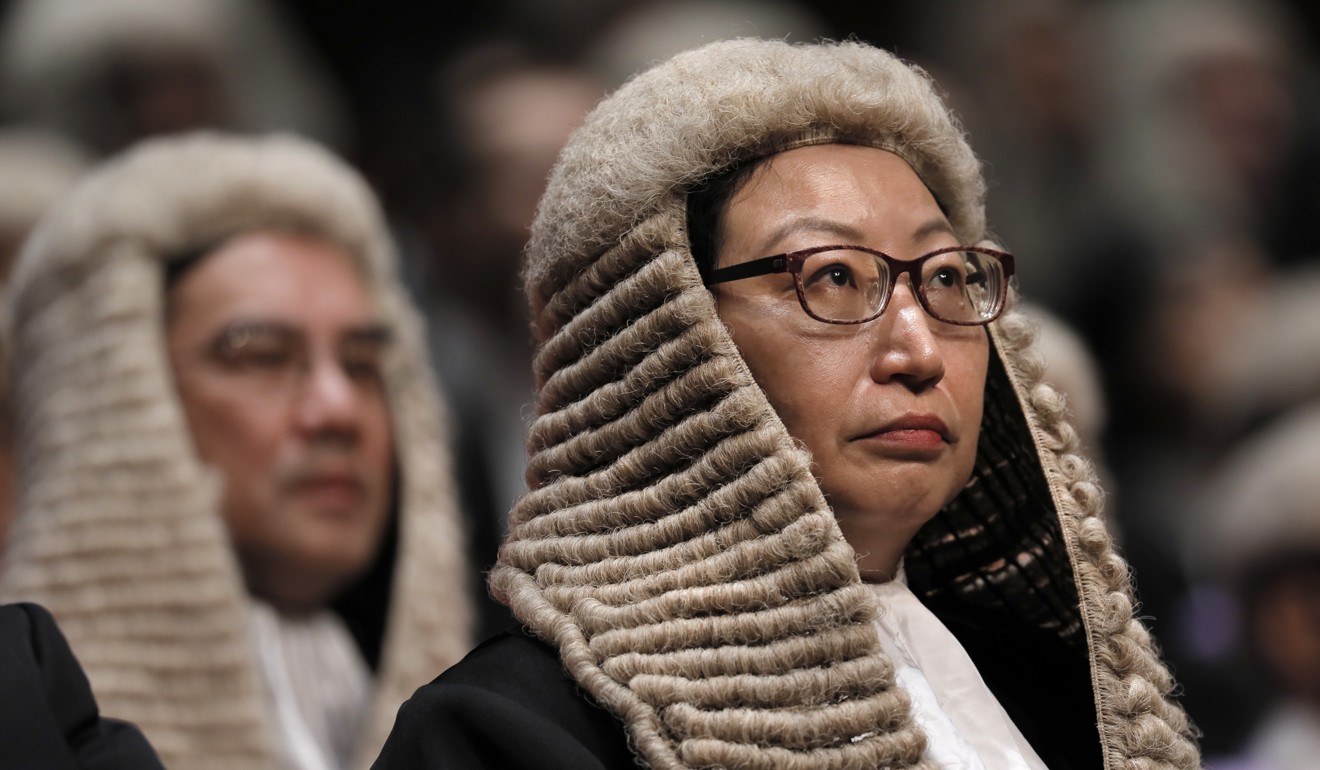
Teresa Cheng Yeuk-wah
What happened to her:
The beleaguered justice minister hit the headlines both at the start and the end of the year. She was embroiled in scandal from her first day in office on January 6 when 10 illegal structures – including a large basement and a rooftop extension – were discovered at adjoining luxury homes in Tuen Mun owned by her and her engineer husband. Her flat in Repulse Bay and two units in Sha Tin were subsequently identified as having 10 more illegal extensions. Cheng escaped prosecution but her engineer husband will be charged over their homes in Tuen Mun, prosecutors said this month.
Grilled by lawmakers in the Legislative Council earlier in the year when the scandal broke, Cheng said: “I do not accept [the suggestion] that I am a person without integrity.”
She survived two no-confidence motions with the help of pro-establishment lawmakers, helped no doubt by the strong backing of the city’s leader, Carrie Lam Cheng Yuet-ngor, who said it was possible for Cheng to be “too devoted to public service” to forget her own private business.
She was once again under fire in December when her department dropped an investigation into the business dealings of former city leader Leung Chun-ying, without seeking external legal advice or explaining the legal principle behind its decision in its brief statement.
Breaking a two-week silence on Boxing Day, Cheng flatly rejected mounting calls to further explain the decision.
“Unless the case involves a member of the [department], there will not be outside counsel engaged,” she said.
What she is up to now:
Pro-democracy lawmakers and professionals have continued to press her, and even some of Lam’s advisers, including executive councillors Bernard Chan, Ronny Tong Ka-wah and Regina Ip Lau Suk-yee, have joined the chorus of calls for her to give greater clarity to the decision, especially on not seeking outside counsel. Lam, however, has defended her, saying Cheng had made a professional decision in doing so. A Legco panel has invited Cheng to attend a meeting in January to answer questions on the matter. But her office refrained from confirming if she would turn up.
When asked what lessons had been learned in her stormy year, Cheng, through her press secretary, responded to the Post: “The legal practitioners and the Department of Justice should be more proactive and join hands to strengthen the interface between the local and international legal communities, thereby facilitating the export of our legal services, prominently advertising Hong Kong’s position as a leading legal and dispute resolution centre, and importantly, to convey our rule of law.”
As for her illegal structures, Cheng was spared any legal action by the director of public prosecutions. Instead, her husband Otto Poon Lok-to will be charged with “knowingly commencing or carrying out building work” without permission.
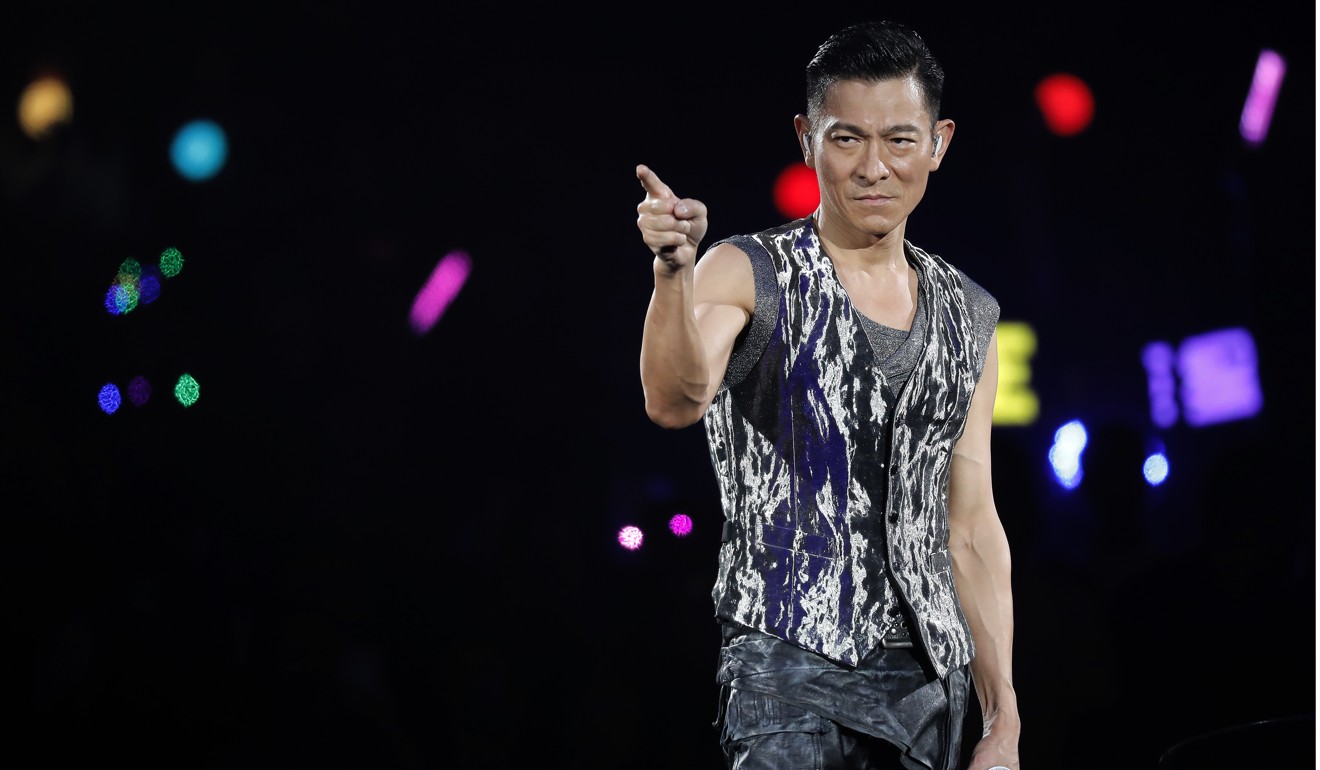
Andy Lau Tak-wah
What happened to him:
Hong Kong superstar Lau made headlines for a few unusual reasons this year. The first time was in late August, when a mainland Chinese man who queued up for more than a week for tickets to Lau’s concert was wounded by four men with knives. The case prompted Lau to suspend box office bookings and fans had to buy tickets online or over the phone.
Ticket scalping is notorious in the city as tickets for popular shows are snapped up quickly and resold for up to 20 times the original price.
Lau was again thrust into the spotlight in October after he lent his support to a land reclamation plan proposed by Our Hong Kong Foundation, a local think tank chaired by Tung Chee-hwa, vice-chairman of the Chinese People’s Political Consultative Conference, China’s top political advisory body.
The think tank proposed building a new town by reclaiming 2,200 hectares of land to the east of Lantau Island to solve Hong Kong’s acute housing problem, and Lau supplied a voice-over for the think tank’s promotional video.
He was then criticised on social media for being pro-government but his fans also rushed to his defence.
Hong Kong leader Carrie Lam Cheng Yuet-ngor also defended Lau. At a press conference after announcing her policy address in October, Lam said: “I admire Mr Lau for his courage to express his ideas and I wish him success in his coming concert.”
What he is up to now:
Despite the best wishes of the city’s leader and the fervent hopes of his fans, Lau’s concerts in his “My Love Andy Lau World Tour” did not go smoothly. Lau broke down in tears and ended a show halfway though on Friday night because of throat inflammation and cancelled the subsequent two performances. On Sunday, the promoter declared that Lau had come down with influenza and the remaining shows had to be called off, meaning a total of seven concerts out of the scheduled 20 have been cancelled.
The promoter said it would announce refund arrangements – at the ticketed price – for the affected shows soon.
The Consumer Council advised those who snapped up scalped tickets to think twice next time as they would not be compensated for the price difference in such cancellations.
The government has weighed in with proposed anti-scalping plans, including real-name ticketing, having fewer ticketing partners or sponsors and criminalising touting at its own venues. But the showbiz industry has objected to some of these plans as being too restrictive.
Meanwhile, disappointed fans are torn between feeling sorry for him and for themselves for being denied the chance to listen to their idol.


